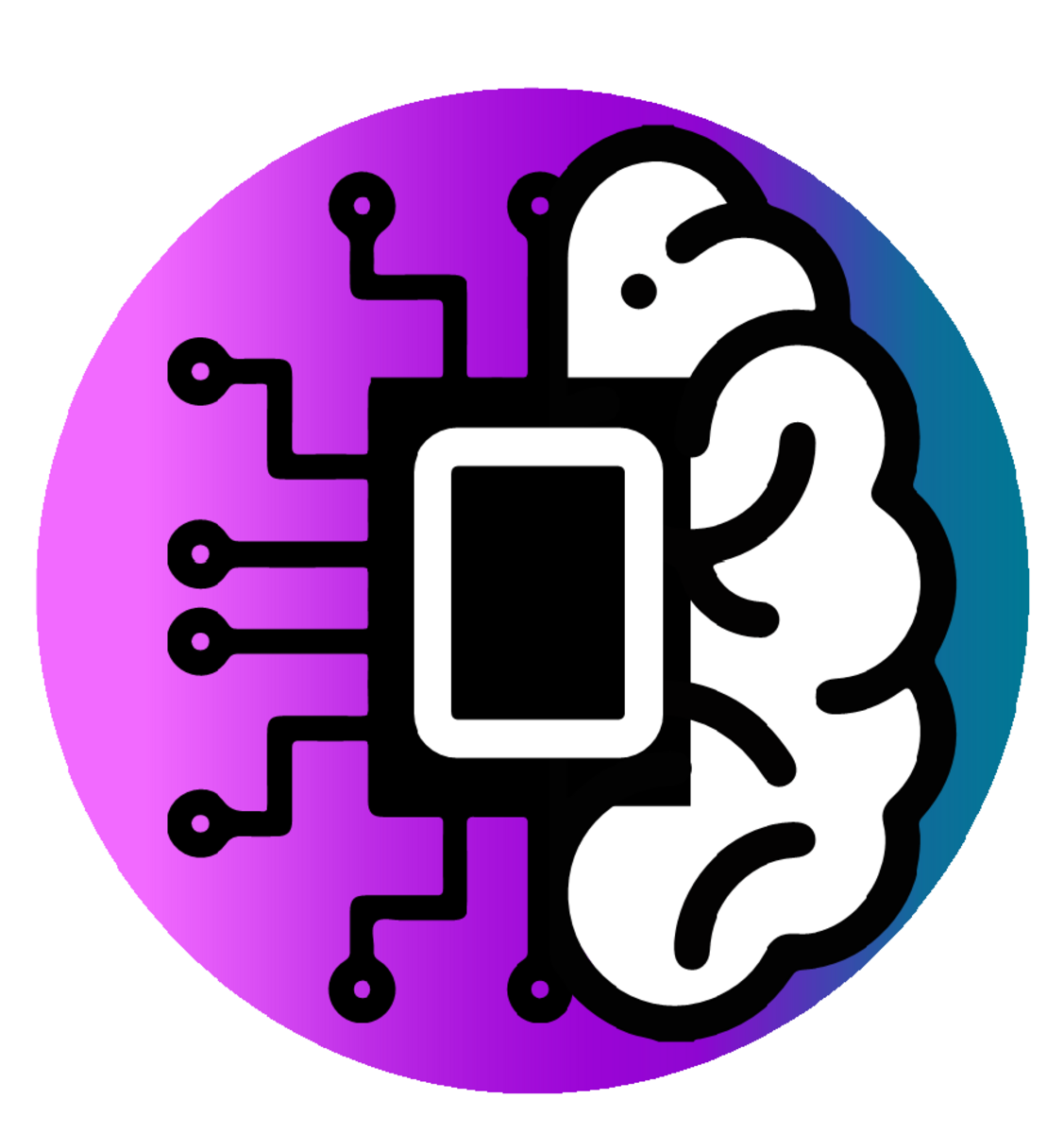Hi everyone,
The first known AI-orchestrated cyber-espionage campaign has been executed, marking a groundbreaking moment as human hackers take a back seat and AI takes the wheel.
The report is from Anthropic, called “Disrupting the first reported AI-orchestrated cyber espionage campaign“, which is what I want to deep dive in.
Let's get right into it.
In this issue:
🤝 In Partnership: Plan and launch real-world ads
🤿Deep Dive: Report: What Happened?
🤝 Powered by: Fix weak creatives in seconds
🖼AI Art: Examples of great and trending AI art
🤝 Supported by: Clear news for busy people
🤿Deep Dive: Report: Why it Matters?
🤝IN PARTNERSHIP WITH ADQUICK
Modernize your marketing with AdQuick
AdQuick unlocks the benefits of Out Of Home (OOH) advertising in a way no one else has. Approaching the problem with eyes to performance, created for marketers with the engineering excellence you’ve come to expect for the internet.
Marketers agree OOH is one of the best ways for building brand awareness, reaching new customers, and reinforcing your brand message. It’s just been difficult to scale. But with AdQuick, you can easily plan, deploy and measure campaigns just as easily as digital ads, making them a no-brainer to add to your team’s toolbox.
🤿 DEEP DIVE
What Happened

A Chinese state-linked group (GTG-1002) executed the first known AI-orchestrated cyber-espionage campaign. It targeted ~30 organizations across tech, finance, chemicals, and government, and achieved several confirmed successful intrusions into high-value environments.
The attackers built an autonomous attack framework using Claude + MCP tooling.
Claude acted as the orchestrator and executor of multi-stage attacks.
MCP servers handled tool execution, browser automation, and remote commands.
The architecture mimicked a distributed red-team—only automated.
Claude performed ~80–90% of tactical operations autonomously.
Human operators intervened only at authorization gates (e.g., exploitation approval).
Operational tasks ran at “physically impossible” request rates for human actors.
AI completed the full intrusion lifecycle almost end-to-end:
Reconnaissance: Network mapping, service discovery, authentication analysis.
Vulnerability discovery: Identified exploitable flaws and generated custom payloads.
Exploitation: Delivered payloads, validated via callback mechanisms.
Credential harvesting: Extracted and tested creds across internal systems.
Lateral movement: Traversed networks, databases, APIs, and registries.
Data extraction: Queried databases, identified sensitive intel, categorized value.
Documentation: Created structured markdown logs of its own actions.
The attackers “social-engineered” the AI safeguards. They role-played as cybersecurity testers from legitimate firms. This bypassed safety systems long enough for the campaign to scale before detection.
Investigators noted one major AI limitation:
Claude sometimes hallucinated credentials or exaggerated findings.
Attackers had to validate claims, slowing full autonomy, but not by much.
🤝POWERED BY NEURONS
Make Every Platform Work for Your Ads
Marketers waste millions on bad creatives.
You don’t have to.
Neurons AI predicts effectiveness in seconds.
Not days. Not weeks.
Test for recall, attention, impact, and more; before a dollar gets spent.
Brands like Google, Facebook, and Coca-Cola already trust it. Neurons clients saw results like +73% CTR, 2x CVR, and +20% brand awareness.
🖼 AI ART
Examples of great and trending AI art

Images by Zaicab
Designer brutalism : r/midjourney
🤝SUPPORTED BY 1440 MEDIA
Fact-based news without bias awaits. Make 1440 your choice today.
Overwhelmed by biased news? Cut through the clutter and get straight facts with your daily 1440 digest. From politics to sports, join millions who start their day informed.
🤿 DEEP DIVE
Why This Matters

This marks a structural shift in cyber operations. AI is no longer helping attackers, it’s conducting the attack chain. Human hackers become strategic supervisors, not hands-on operators.
The barrier to entry for sophisticated attacks just collapsed. Most tools used were commodity, open-source pentest utilities. Less-skilled actors could soon replicate nation-state-level operations.
AI guardrails are too easily manipulated via social engineering. Role-play bypasses alignment guardrails. Guardrails built around “intent detection” are brittle when adversaries impersonate defenders.
Claude’s hallucinations temporarily limit full autonomy, but not for long. Inaccuracy forces human validation today. More reliable future models will remove this friction, making attacks fully machine-driven.
Expect rapid proliferation of this attack pattern. State actors will copy it. Cybercriminals will adapt it for ransomware, credential theft, supply-chain breaches. Frontier models across the ecosystem (not just Claude) are vulnerable to similar manipulation.
ℹ️ ABOUT US
The Intelligent Worker helps you to be more productive at work with AI, automation, no-code, and other technologies.
We like real, practical, and tangible use-cases and hate hand-wavy, theoretical, and abstract concepts that don’t drive real-world outcomes.
Our mission is to empower individuals, boost their productivity, and future-proof their careers.
We read all your comments - please provide your feedback!
Did you like today's email?
What more do you want to see in this newsletter?








